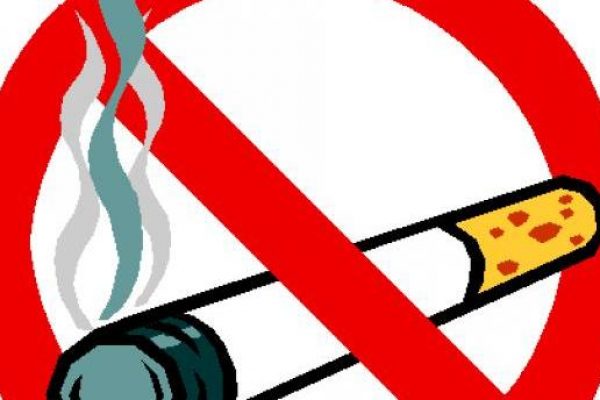Quitting smoking isn't hard. You've done it lots of times! Isn't that the unrelenting challenge that faces so many smokers? Well, never fear. Here's a new method that will help you snuff out those butts and put away those lighters. This is something positive that will stiffen your resolve like starching a shirt.
The most essential element of successfully quitting smoking is not thinking of it as quitting. That's right. Not quitting smoking, but starting something new. The feeling of loss, restraint, restriction, or absence is what makes it so hard to give up. But, transferring those feelings to acquiring, gaining, obtaining, finding, and maintaining something new is what will close that old door and open a new one.
This is really just a matter of substituting something positive for something negative. It is not giving something up, it’s gaining something new. So, when you decide that you want to quit smoking – that you really want to quit smoking, not just say that you do for the benefit of getting others to be sympathetic to you – it becomes a matter of substituting gains for what you would otherwise perceive as losses.
A very helpful way to do this is with a behavioral displacement strategy. Use your previous smoking behavior to motivate you to accomplish your new goal. For instance, if you normally smoke at certain times of the day or with a predictable frequency, those are the occasions when you need to fill that time completely with reinforcing behaviors.
When you have that first cup of coffee in the morning, if you also visualize yourself lighting up a cigarette, that's when you must overwhelm yourself with other behaviors. Drink tea instead, or blend yourself some delicious juice concoction, and feed yourself a banana or a sliced orange, or even some favorite jelly on a piece of toast or a muffin. If you smoke in the car on the way to work, take a different route and nibble on a granola bar or drink a bottle of fresh juice or filtered water. Don't think of it as going without smoking, think of it as becoming a new you moving in a new direction.
Sometimes the desire to smoke is so strong and so persistent that you can barely think of anything else. In that case, make yourself a small, pocket-sized chart to keep handy and give yourself reinforcing checkmarks on it. Line off every hour of the day so that everytime you don't smoke, you give yourself a checkmark. As you see those checkmarks accumulate, you'll feel the power of positive reinforcement overcoming the habits of negative conditioning. This is not only an empowering feeling, but a healthy one as well.
Then, channel your positive energies into these new areas. Replace each cigarette that you would have smoked with something that you now do instead; eating some fruit, drinking some juice, having a refreshing glass of filtered water, even flossing or brushing your teeth. Sometimes an even more powerful inducement is to pay yourself for each pack of cigarettes you don't smoke. Pay yourself the equivalent of what you would have spent on cigarettes that you didn't smoke. Commit yourself to spending that money on something that you really want. It could be a new outfit, some new shoes, or even something for the house that you want. In any event, it will be something positive and tangible to replace something negative and vanishing.
And remember that there is always someone to help you on line to set up a replacement strategy or to encourage you when you need it. Asking for help is not a weakness, it's a strategy for success!











